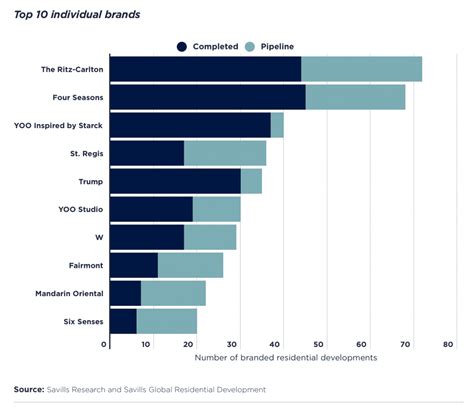Amidst the bustling world of economics, there are ripples that can create significant waves. One such ripple has been caused by the tariffs imposed by President Trump, affecting various sectors in the economy. Among those feeling the heat is the lodging sector. Let’s delve into how these tariffs are impacting this industry and what experts have to say about it.
Understanding Trump’s Tariffs
To comprehend the situation better, we need to first understand what these tariffs entail. Tariffs are essentially taxes or duties imposed on imported goods or services. In this case, President Trump implemented tariffs on a range of products, including steel, aluminum, and other items from different countries.
The Lodging Sector at Risk
The imposition of these tariffs has set off a chain reaction across different industries, with the lodging sector being one of the affected parties. Bernstein, a renowned financial firm, has highlighted possible risks looming over this sector due to Trump’s tariff policies.
Expert Analysis: Bernstein’s Perspective
According to analysts at Bernstein, the lodging sector is vulnerable to potential setbacks as a result of these tariffs. The increased costs incurred by hotels and other accommodations due to elevated prices of goods could lead to financial strains within the industry.
As guests seek affordable options for their stay, hotels may find it challenging to maintain competitive pricing while absorbing additional expenses brought about by tariffs. This predicament could ultimately impact their bottom line and overall profitability.
Unforeseen Consequences
Moreover, beyond financial implications, there are other unforeseen consequences that could emerge within the lodging sector. With uncertainties looming over trade agreements and economic stability, investors might hesitate to inject capital into new hotel projects or expansions.
This hesitation could potentially slow down growth within the sector and stifle innovation as companies navigate through turbulent economic conditions triggered by tariff wars.
Adapting Strategies
In light of these challenges posed by Trump’s tariffs, players in the lodging industry are compelled to rethink their strategies for sustainability. From reevaluating supply chains to exploring cost-saving measures without compromising quality standards – businesses are brainstorming ways to weather this storm successfully.
By fostering resilience and adaptability in their operations, hotels can mitigate some of the adverse effects stemming from tariff-induced market volatility and fluctuations in costs.
The Road Ahead
As discussions around trade policies continue to evolve and global economic landscapes undergo transformations influenced by political decisions, it remains crucial for stakeholders in the lodging sector to stay vigilant and responsive.
While challenges persist amidst tariff uncertainties, opportunities for innovation and strategic maneuvers also present themselves for those willing to navigate through rough waters with astuteness and agility in an ever-changing economic environment.
In conclusion…

